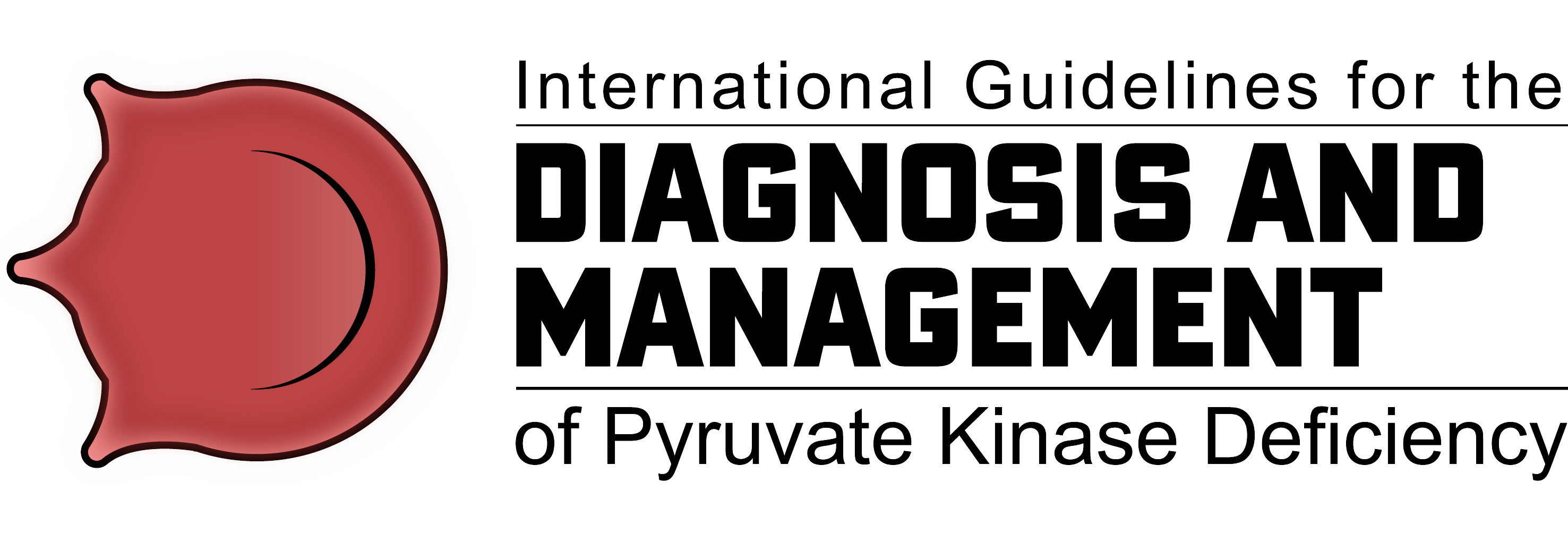Pyruvate Kinase Deficiency( PKD) is a rare inheritable complaint that destroys the red blood cells leading to habitual hemolysis. The physical goods of PKD are known, but the emotional risk that it causes to families is frequently not bandied about. Parents, siblings, and even other close relatives are under stress, they feel anxiety and also undergo emotional fatigue while taking care of a person in their family, especially children with PKD. Therefore, it is significant for families to know these issues and find proper tools for resolving them to get through it together.
Sympathetic the Emotional Challenges of PKD
1. The Original Reaction Shock and Fear
The families can feel overwhelmed and stressed when they get the news of the opinion. Parents frequently have a lot of anxiety and fear about the future of their children, and the siblings may not know how to handle the condition. Disease progression and treatment options misgivings of parents can see it as deceiving and having little capability to stop it.
2. Chronic Stress and Anxiety
PK Deficiency is a disease that is persistent in families, they must always try to deal with the symptoms, doctors’ appointments, and the possibility of complications. They may suffer from anemia-induced fatigue one minute, and then they might require a transfusion unexpectedly in the next minute. Most parents are troubled by the tiredness the child has, his energy levels, performance, and whether or not he/she gets along with his/her peers.
3. Financial Struggles
Specific visits to the doctor and treatments like blood transfusions can bring a lot of money and this can be veritably stressful and inviting. The operation of the medical costs in resemblant to the diurnal charges can become the major sources of emotional torture for the families.
4. Emotional Impact on Siblings
These children might feel neglected when parents become more focused on their facially sick brother/sister. Another issue they might have is feeling bad for not being ill or getting mad at their parents for keeping them from certain activities. They need to discuss openly to ensure that they feel welcome and appreciated.
5. Parental Guilt and Emotional Fatigue
It is a common feeling among parents that they are the ones to blame because they wonder if they passed on the gene related to PKD to their child. The stress, without the possibility of stopping it, may feel as if they experience fatigue while constantly taking care of their child, making medical decisions, and advocating for the child’s needs. Hence they need family PK deficiency guidance to keep them strong and on track.
6. Social Isolation and Relationship Struggles
It is usual for families struggling with PKD to go without contact with their friends. Parents might detach themselves from their musketeers, as they’ve numerous tasks to deal with, in addition to the anxiety of taking care of their children.
Coping Strategies for Families
1. Educate Yourself and Others
There is a saying that goes: knowledge is power. The families should have the requisite understanding of PKD, which will help them have a clearer vision of the condition and be able to defend their loved ones. Explaining to the teachers, uncles, and aunts, as well as friends, will show your children that they are loved and in a supported environment.
2. Seek Emotional Support
Expressing your fears and frustrations through talking with others can make you feel much better. The families should think of joining together and supporting one another through PKD support groups, either in personal or online interactions to connect to others struggling with the same problems. Psychological support or counseling can give coping tools that are very valuable.
3. Prioritize Self-Care
Caregivers generally neglect their well-being when looking after the affected family member. Parents and siblings need to allocate themselves time to do their conditioning whether it be physical exercise, reading pleasure, or involvement in pursuits. It’s imperative to keep both internal and physical health in good condition for long-term adaptability.
4. Encourage Open Communication
To create an environment where everyone can openly talk about their feelings, the families need to choose a safe space. Parents need to make sure that the children know how they feel, but at the same time make sure that the child with kidney disease also has some emotional needs met. Regular family meetings can help to keep everyone connected. You can find out more about this by checking out the guide for families with PKD.
5. Manage Stress
Awareness and contemplation as well as deep breathing can be veritably helpful in managing stress. Help the entire family to set aside time to do things that lower stress such as doing yoga or keeping a journal which in turn will polish their emotional conditions.
6. Establish a Routine
A daily schedule that is structured may help in handling the unpredictability that is brought about by PKD. The idea of a plan for eating, medications, rehabilitation, and rest periods is the best way of handling stress and promoting a sense of stability.
7. Address Financial Concerns
Money can be less stressful for families going through order complaints if they seek fiscal aid through medical subventions, nonprofit associations, or health insurance programs. They should also take into account the coffers available to them to minimize the stress associated with medical bills.
8. Strengthen Connections Through Quality Time
Taking time off of work or academia to bond with family members indeed for many twinkles per day can significantly help in perfecting the internal well-being of individuals. Whether it would be spending time watching a film, playing a game, or just having to regale each other as a family, it’s a memory to be cherished.
Conclusion
PKD affects families emotionally mainly but with proper coping measures, the disease can be better faced with resilience and strength. Through communication, reaching out for help, and regular self-love activities, parents can create a warm and supportive environment for a patient and the family. Experiencing PKD with understanding and love will not just make the conditions less heavy if they are shared but also it will make one feel togetherness instead of seeing hopelessness along the way.

